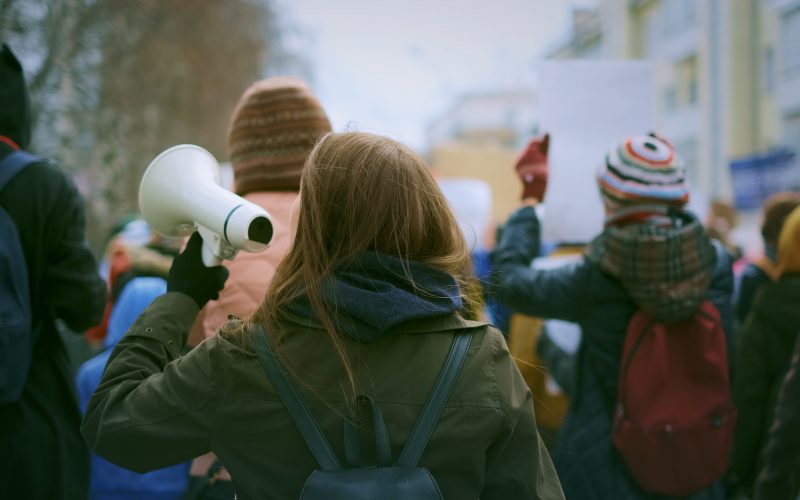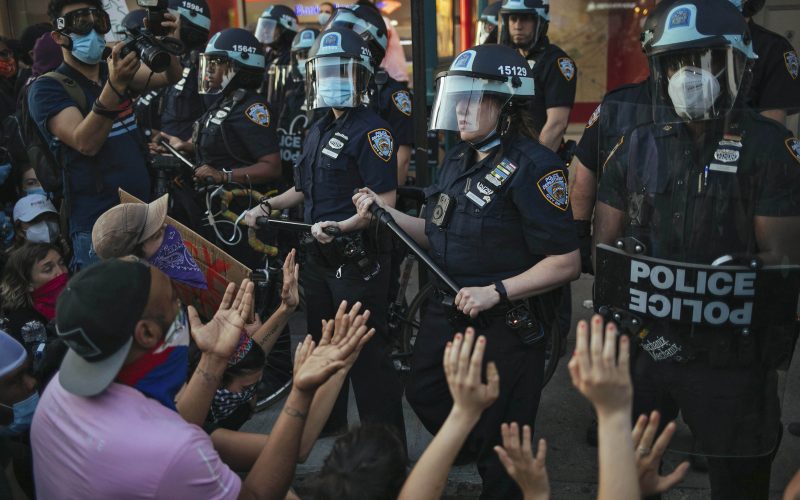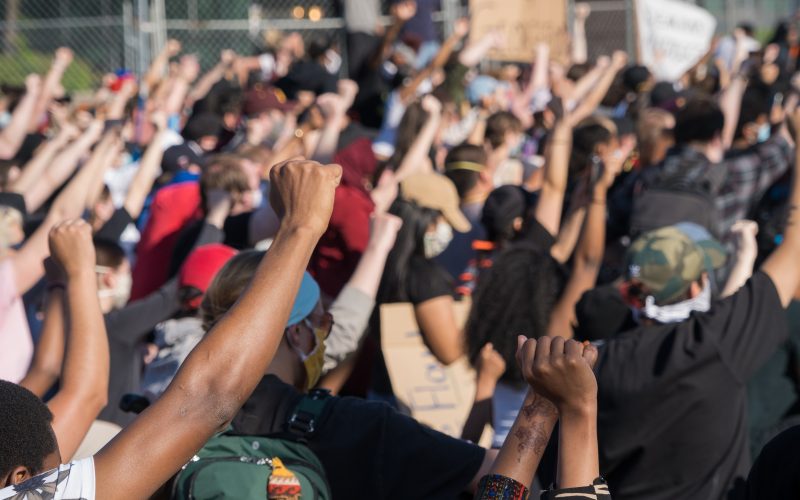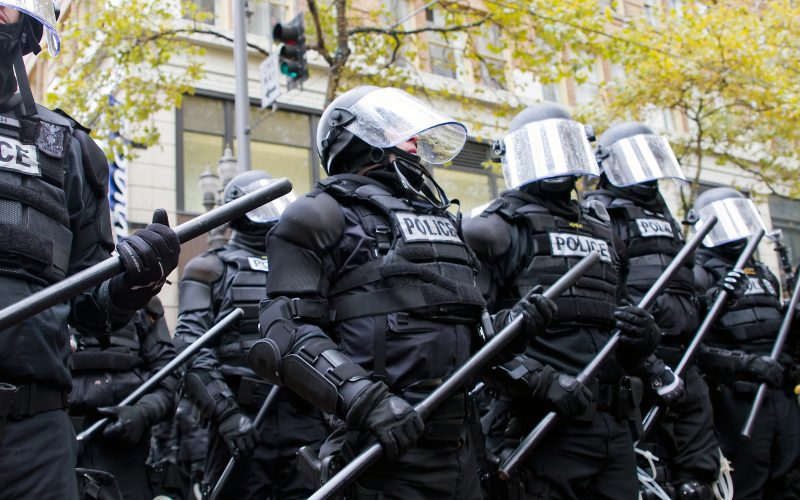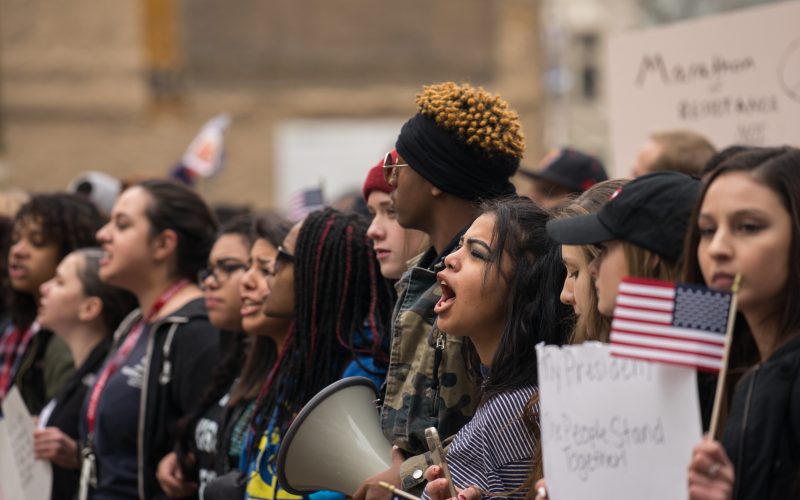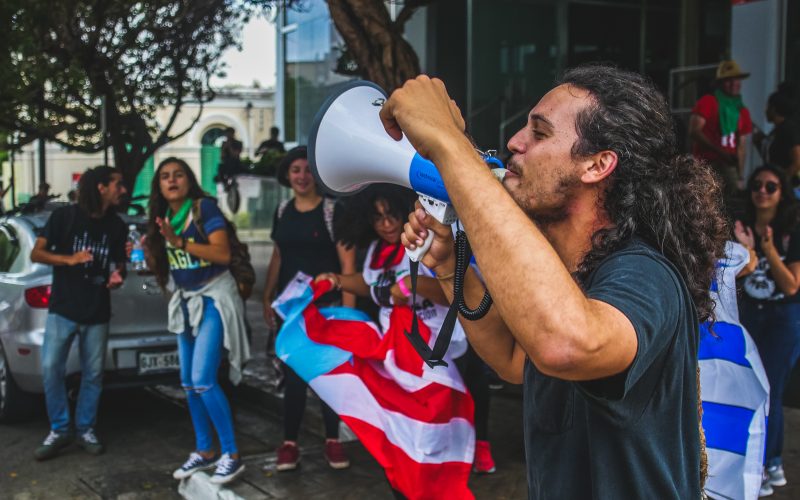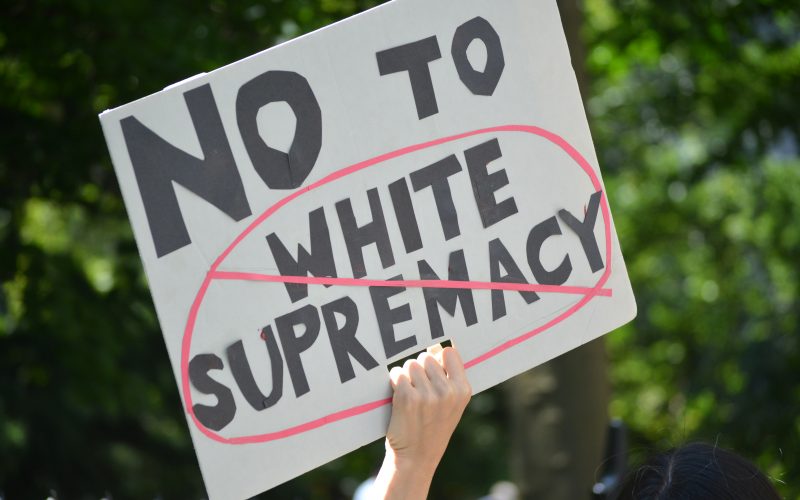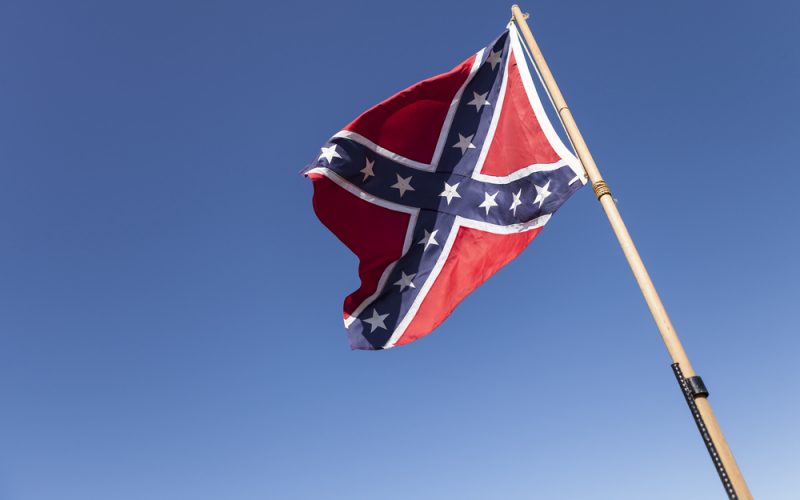New York Times Magazine staff writer Emily Bazelon joins host Krys Boyd to discuss what makes a university a “safe space” for free speech, how 90s era laws complicate that, and how students should be included in discussions about the rules of campus protesting.
Read more